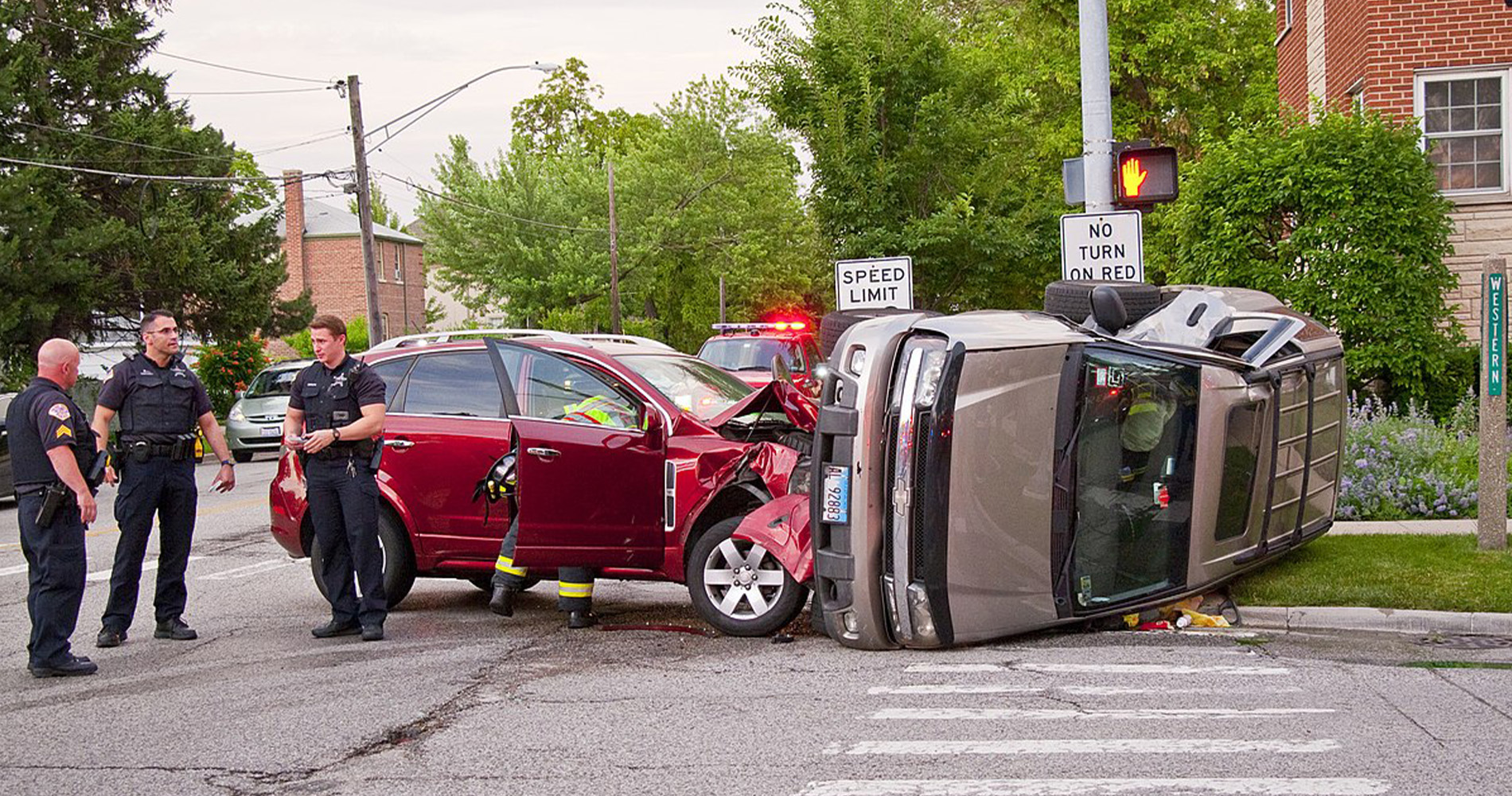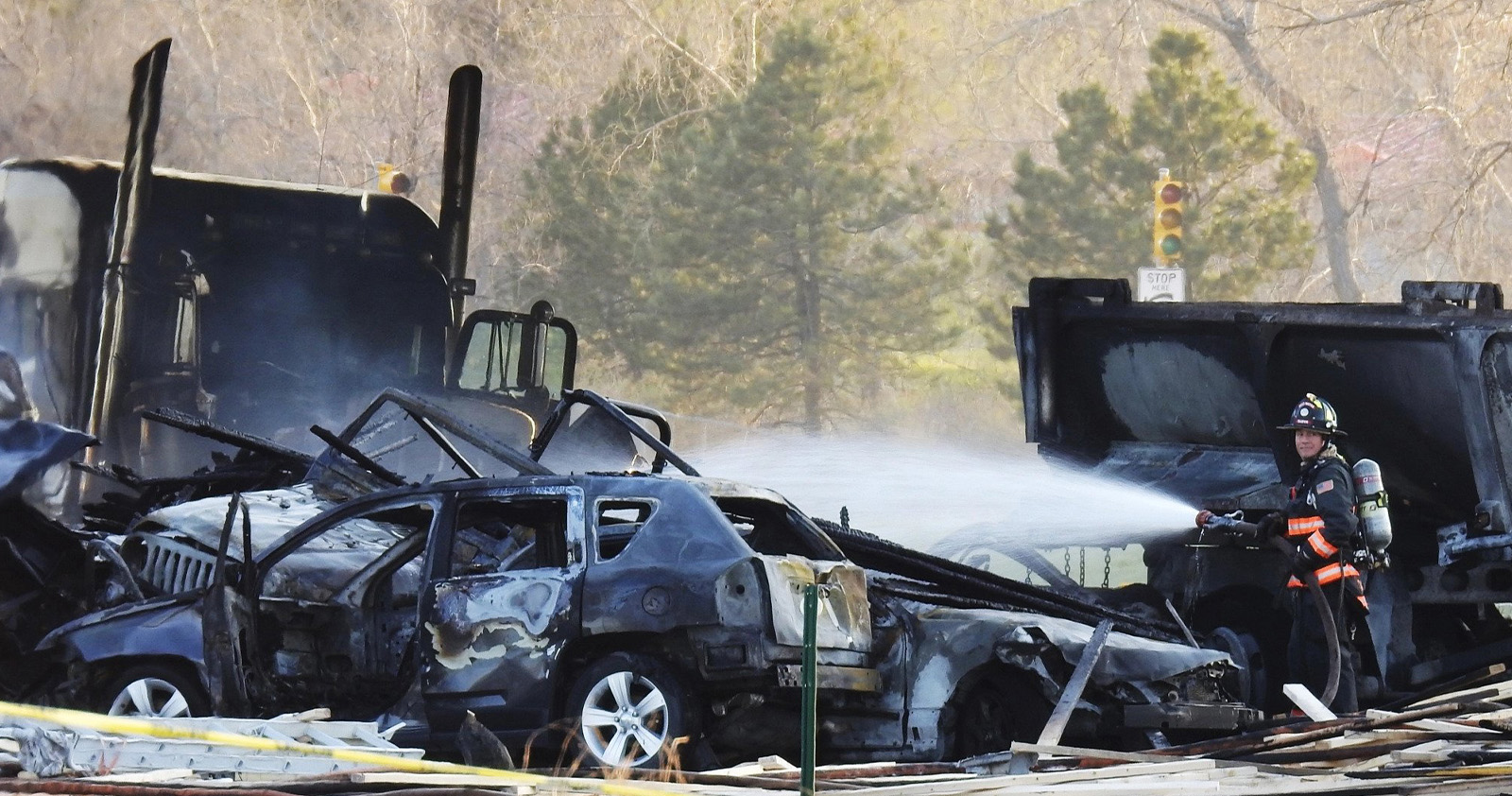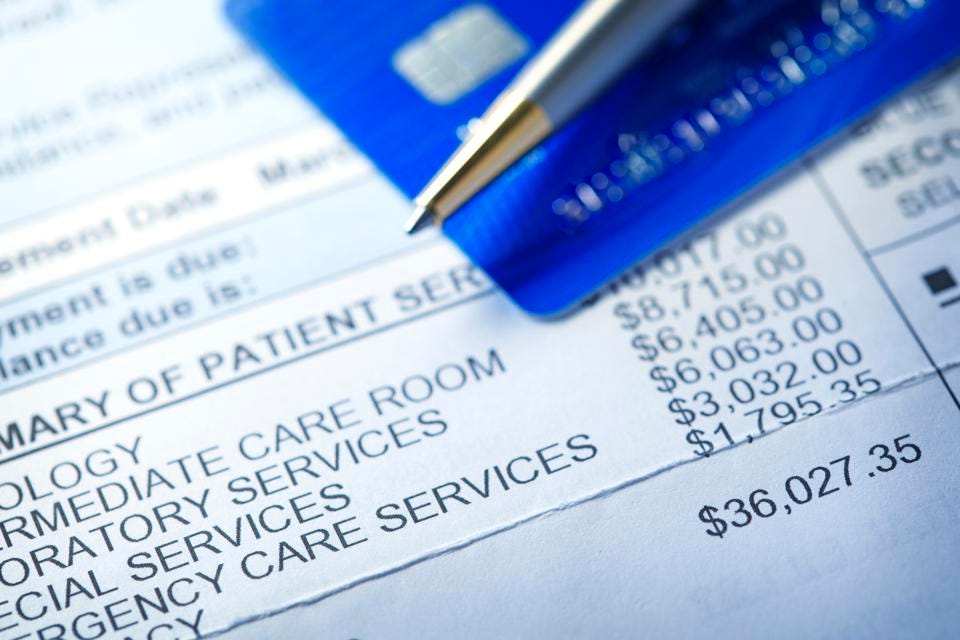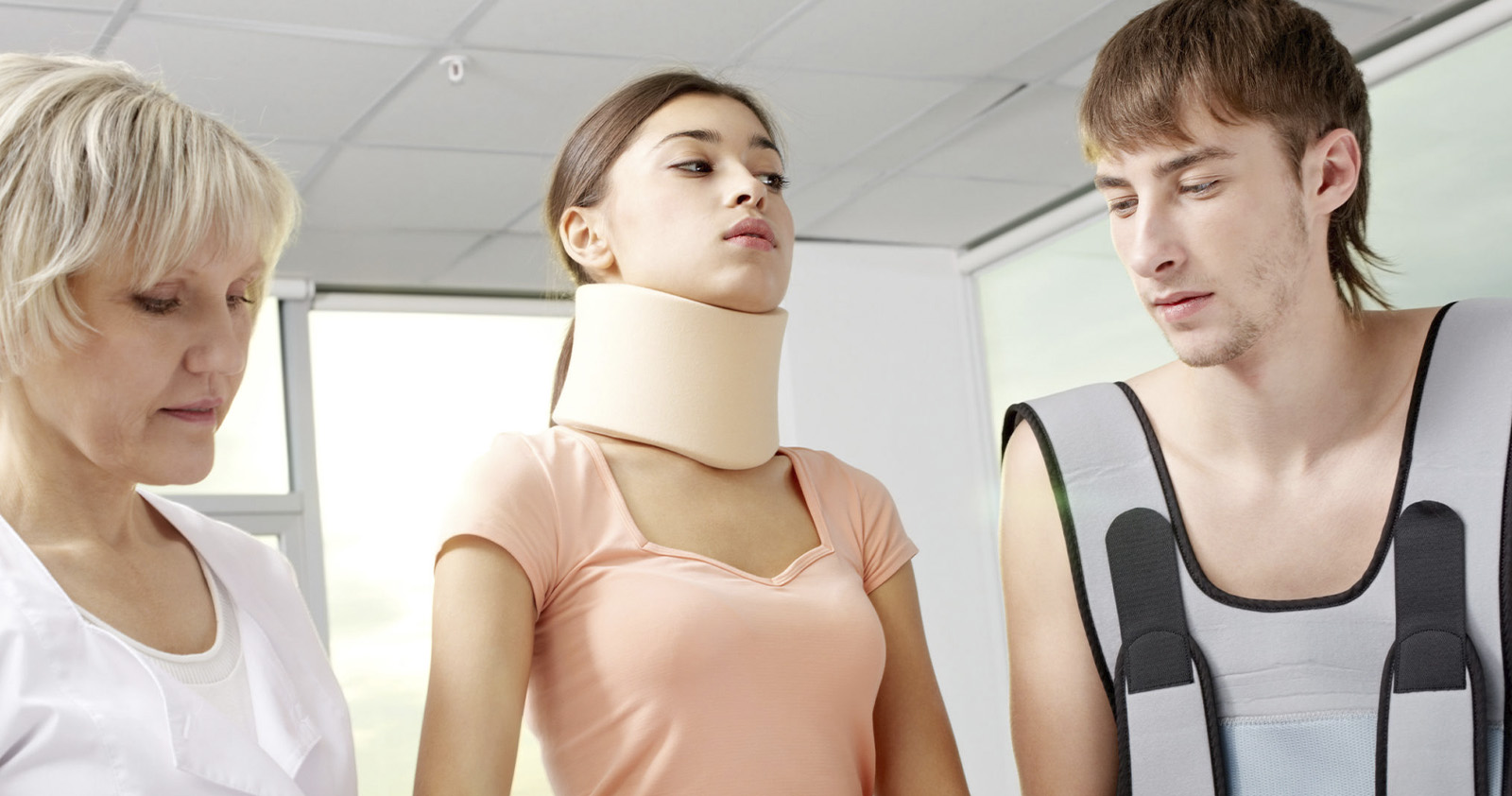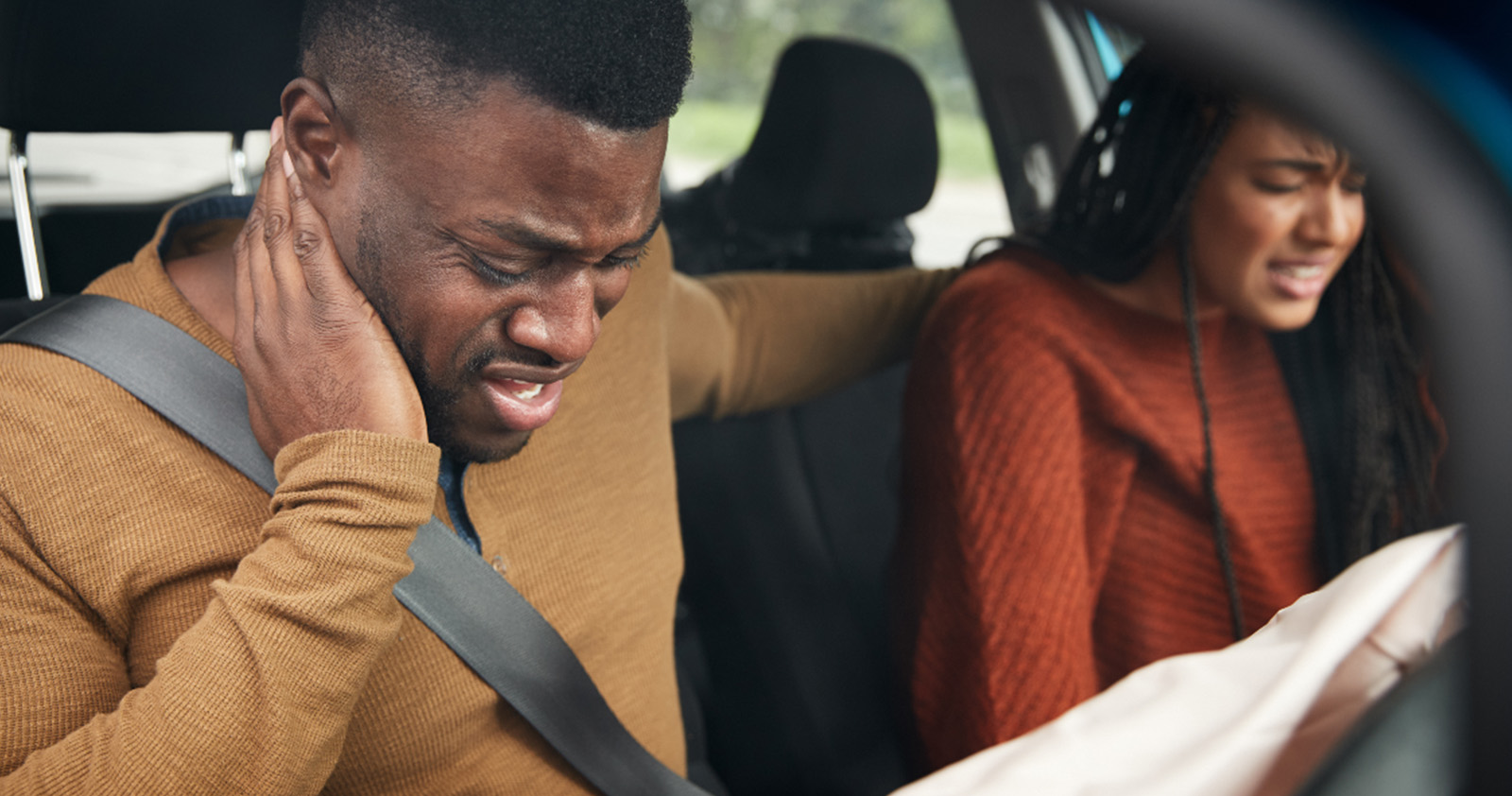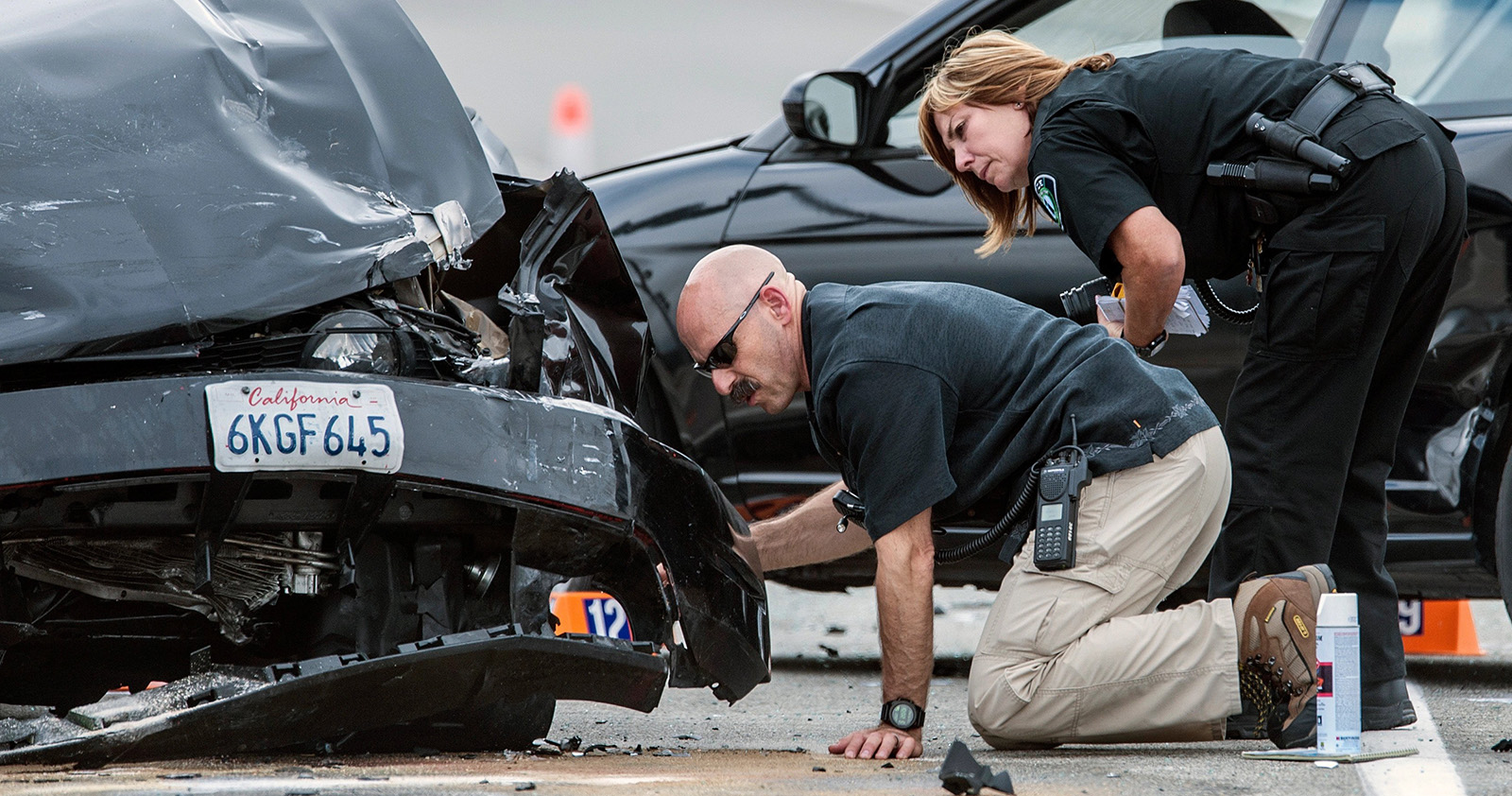With an average of 6 million car accidents every year in the U.S. alone, according to the National Highway Safety Administration Transportation, hundreds of drivers are involved in car accidents every day.
It is further estimated that around 3 million people in the U.S. are injured every year in car accidents. In addition, approximately 2 million drivers experience permanent injuries every year due to a car crash.
These statistics suggest that a driver will suffer an accident every 18 years and may have been involved in at least four accidents by age 70.
Therefore, it is ideal to know in advance what to do if you are involved in an accident. You’ll want to understand things like where to report the incident, how to file a claim, and how to seek medical treatment.
To help you cover your bases, today we’ll go over the eight most common questions people ask about auto accidents.
#1: What is the first thing I should do after a car accident?
Seek immediate medical attention for injuries, fractures, and blood spills. Then, have someone call emergency rescue units or 911. Never allow anyone other than a qualified healthcare provider to transport you or any other accident victim.
If a car accident occurs on a highway or at a busy intersection, there are other steps you should take to prevent further accidents. If no one has been seriously injured and the vehicles do not seem severely damaged, consider moving them to the side of the road to get them (and you) out of harm’s way.
After determining the extent of any injuries and the accident, notify your insurance company. Your auto insurance policy requires that you contact them immediately after the accident. Failure to do so may jeopardize your coverage. Then take photographs of the damage, exchange information with the other driver(s) involved, and look for witnesses while waiting for help to arrive.
Via: The Mercury News
#2: Am I required to give the other party’s insurance company a statement?
The answer is no. All car accident victims are required to wait until the proper authorities arrive and give a statement to them. Otherwise, you could potentially eliminate or significantly reduce any money the insurance company must pay for your injuries.
However, you should never sign any document from the other party’s insurance company without first having it reviewed by an experienced car accident attorney.
On a related note, make sure you don’t wait too long to file your own insurance claim. Most policies have time limits for seeking benefits to be considered valid.
#3: What should I do if the other driver fled the scene?
You should remain at the scene and call the police. Even if it wasn’t your fault, you should never leave the scene of an accident until you get the go-ahead from authorities to do so.
Also, do not chase after the other driver to catch up or attempt to detain them. Otherwise, you’ll put yourself in a dangerous situation with an unpredictable outcome that could make things worse.
Instead, a prompt accident report will be crucial for locating the hit-and-run driver (as well as for your insurance claim).
In an ideal situation, you should be able to get the license plate of the hit-and-run driver’s car—but if you can’t, describe the vehicle and the driver in as much detail as possible.
Try to take photos and videos of the accident scene and, if possible, get a witness’s testimony and their contact information.
#4: Should I see a doctor even if I don’t have apparent injuries?
Yes. It is recommended that all car accident victims seek prompt medical attention. This could prevent injuries that are not immediately apparent, but which could lead to prolonged pain, long-term disability, or worse.
Unfortunately, many internal injuries do not become obvious until long after the car accident. For instance, head trauma and spinal cord injuries can appear months after an incident.
Opportune medical attention will help you recover sooner, and any documentation you can provide will support claims for damages you might bring in the future. So keep all your medical records and receipts for costs incurred due to the accident!
Via: Forbes
#5: Who will pay for my medical bills?
The first question after a serious accident (once the dust has settled) is often “who will pay for my medical bills?” This can be complicated, although seeking help from an industry expert can make it much clearer.
The driver responsible for the car accident is generally the one who must pay the medical bills and other costs derived from the accident. However, it is likely that while the lawsuit or claim is being processed, you will see expenses accumulate. Luckily, there are several options to help you cover them. One is your personal health insurance.
There should usually be no reason for your health insurance company to refuse to cover injuries from the accident. Nor should the company from which you purchased the car insurance policy.
But suppose the insurer does refuse to pay the costs. In that case, your accident attorney will know what to do. Having a good attorney on your side after an accident can improve your odds of getting an otherwise reluctant insurance company to cover the costs.
#6: What happens if I get involved in a car accident and don’t have car insurance?
Most states impose significant fines if you drive without valid insurance on your car. If you are involved in a car accident and are driving without insurance, the penalties can be even more severe. You may have your license suspended or face criminal charges—even if you were not at fault in the collision.
You’ll also have to think about how to cover the costs of damages to your vehicle. The last time we counted, at least 12 states had what’s known as a “no-fault” auto insurance system.
In a no-fault state, if a person is injured in a car accident, they typically must seek compensation directly from their own insurance coverage. The injured person can typically only file a lawsuit under limited circumstances. This makes driving with sufficient insurance coverage even more critical (although there is never a good reason to drive without proper insurance).
#7: How much can a claim be worth?
Claims vary widely, and they can be difficult to estimate without first studying the case. However, it is possible to infer what damages can be recovered from the injuries of those involved and their corresponding medical evaluations.
Every claim is different, and accurately determining compensation for damages can be complicated. The overall amount of compensation sought to be recovered depends on many objective factors, including injuries and property damage. Compensation can also change depending on negotiations with the insurance company.
Some people, after an accident, end up accepting less of what they are really entitled to as compensation. Hence, hiring a car crash lawyer can be vital for negotiating reasonable compensation from the insurer.
Via: Florida Physical Medicine
#8: What are the most common injuries associated with car accidents?
Victims of car accidents can suffer all kinds of injuries, some of which may result in permanent disability and chronic pain. The following are some of the most common:
Broken Ribs
It is common for chest trauma to cause rib fractures. This happens when the impact force pushes the vehicle’s occupant into their belt or when their airbag causes trauma because of pressure. Broken ribs are typically not fatal but can be very painful and prevent the victim from leading a normal life until they have healed properly.
Additionally, accidents can dislodge ribs, collapse the lungs, and damage other tissues or organs. Additionally, chest trauma can lead to cardiac arrest or internal bleeding.
Back Injuries
Victims of a car accident may suffer spinal cord damage that negatively affects mobility, flexibility, and body control. As a result, some victims end up with a disability and require 24-hour care.
Broken Bones
These occur in many accidents as the person tries to prepare for the crash—for instance, by placing their hands on the dashboard. The resulting impact causes stress on the hands, wrists, and arms.
Sometimes, these broken bones heal within a few months—but if they don’t heal properly, you may suffer for the rest of your life. In addition, some accidents can injure other limbs, leading to loss of mobility and emotional consequences.
Head Injuries
These typically occur when the victim’s head hits the steering wheel, window, or other parts of the car. Head injuries can lead to a traumatic brain injury, which may or may not have long-term effects. These effects can include cognitive difficulties, vision and hearing loss, and permanent disability.
Via: Comprehensive Spine Center of Dallas
Whiplash
This type of injury to the neck often occurs in rear-end collisions. It typically results in loss of sensation, stiffness, dizziness, and pain. Other injuries include herniated discs, neck fractures, or even spinal cord injuries in more severe cases.
As a result, the patient may require surgery or physical therapy. In more severe cases, they may be permanently disabled.
Burns
If there has been a fire in a car accident, the victims can suffer severe burns. The more extensive they are, the more difficult their recovery will be.
Some burns can lead to other complications, such as infections (tetanus, for example), blood loss, and permanent scarring. In addition, bicycle and motorcycle accidents can cause severe burn-like asphalt abrasion injuries.
Disfigurement
Serious injuries resulting from auto accidents can cause their victims to suffer permanent disfigurements such as scars or amputations.
As a result, victims may suffer depression, low self-esteem, and emotional trauma. In addition, disfigurements can negatively affect your professional and social life.
Internal injuries
Blunt or penetrating trauma may cause internal injuries. For example, the force of a speeding vehicle can cause blunt force trauma when the victim is struck by multiple parts of the car. Penetrating trauma occurs when an object passes through the victim’s body.
Auto accidents can cause severe internal injuries to:
- The spleen
- The liver
- Lungs
- The heart
- The kidneys
Via: The Orange County Register
It is not rare for internal injuries to cause bleeding, broken blood vessels, swelling, and abdominal pain.
Being involved in a car accident can be a traumatic and painful experience. As we’ve demonstrated above, a car accident can also severely impact your health and finances.
We must do everything in our power to prevent accidents from happening. Unfortunately, however, statistics show that there’s a good chance we will be involved in an accident at some point in our lives.
Therefore, it is crucial to know our rights and obligations to minimize the potential physical, mental, and legal consequences of a car accident. To protect yourself, always stay up-to-date on the details of your insurance policy, and make sure you have access to an experienced car crash lawyer.


